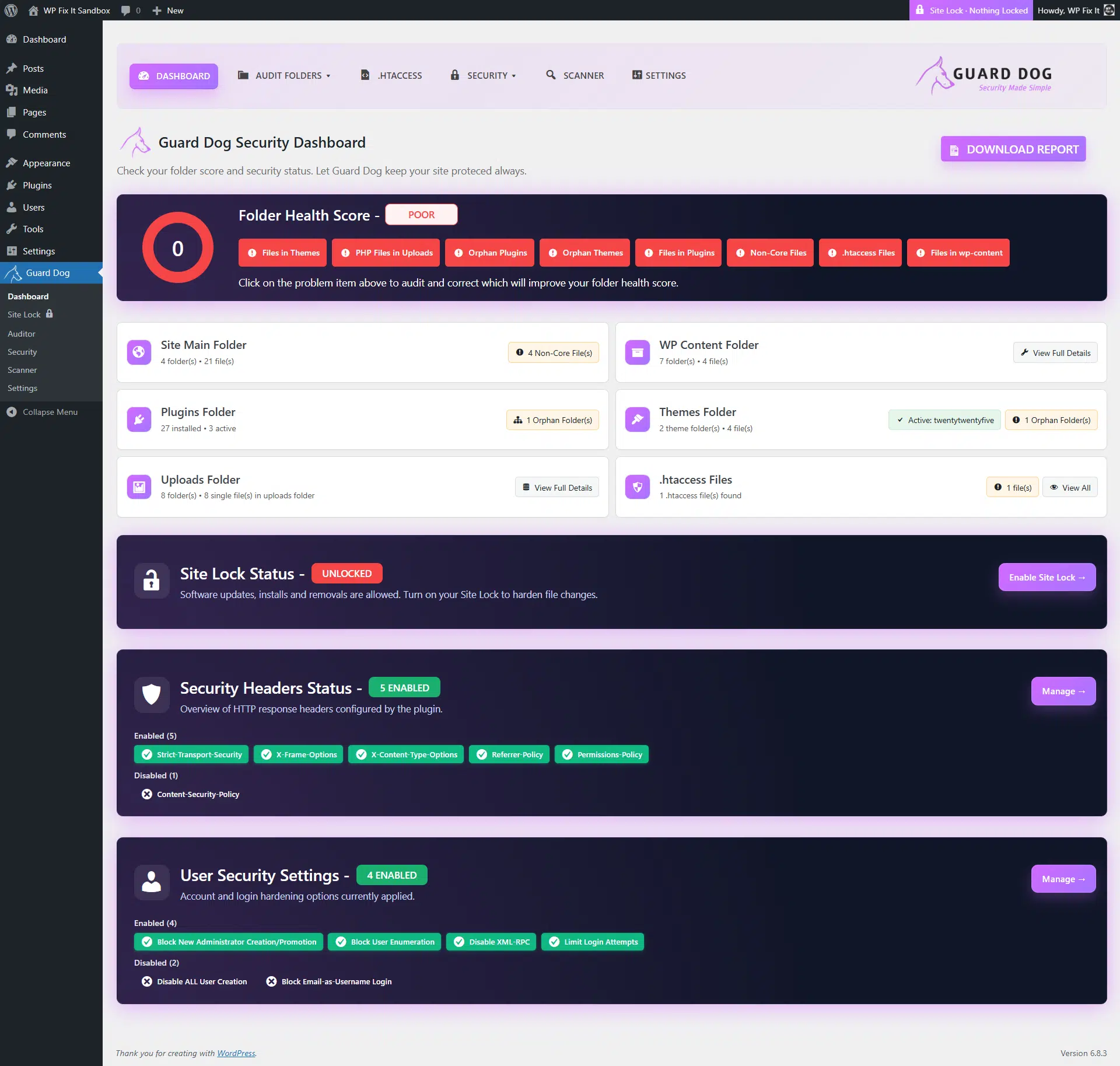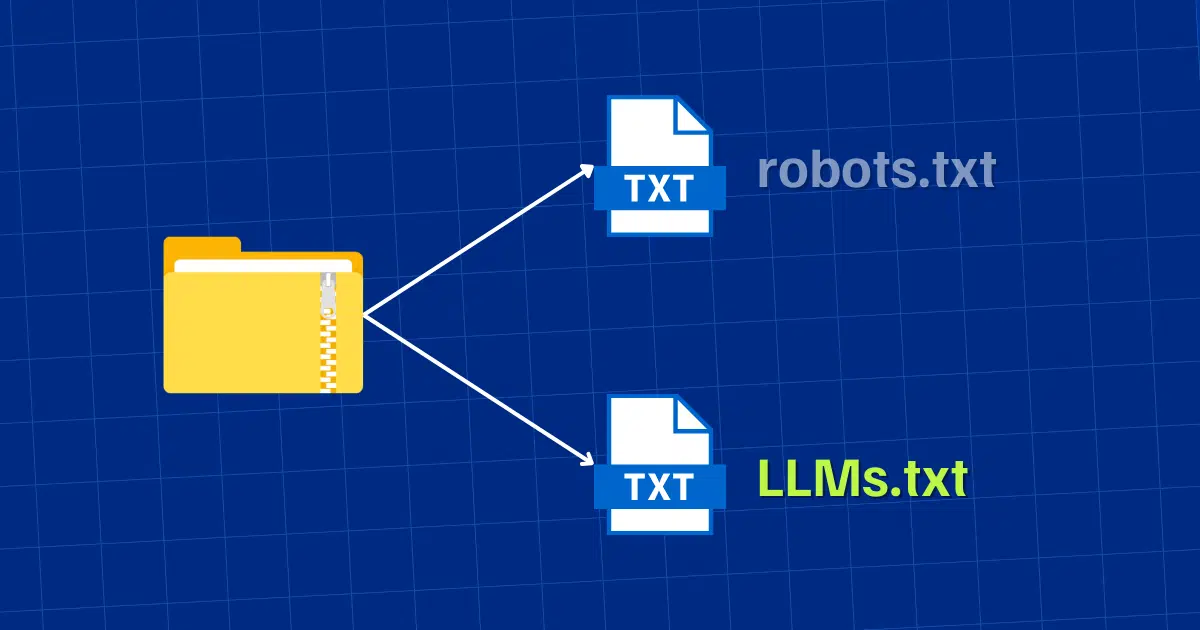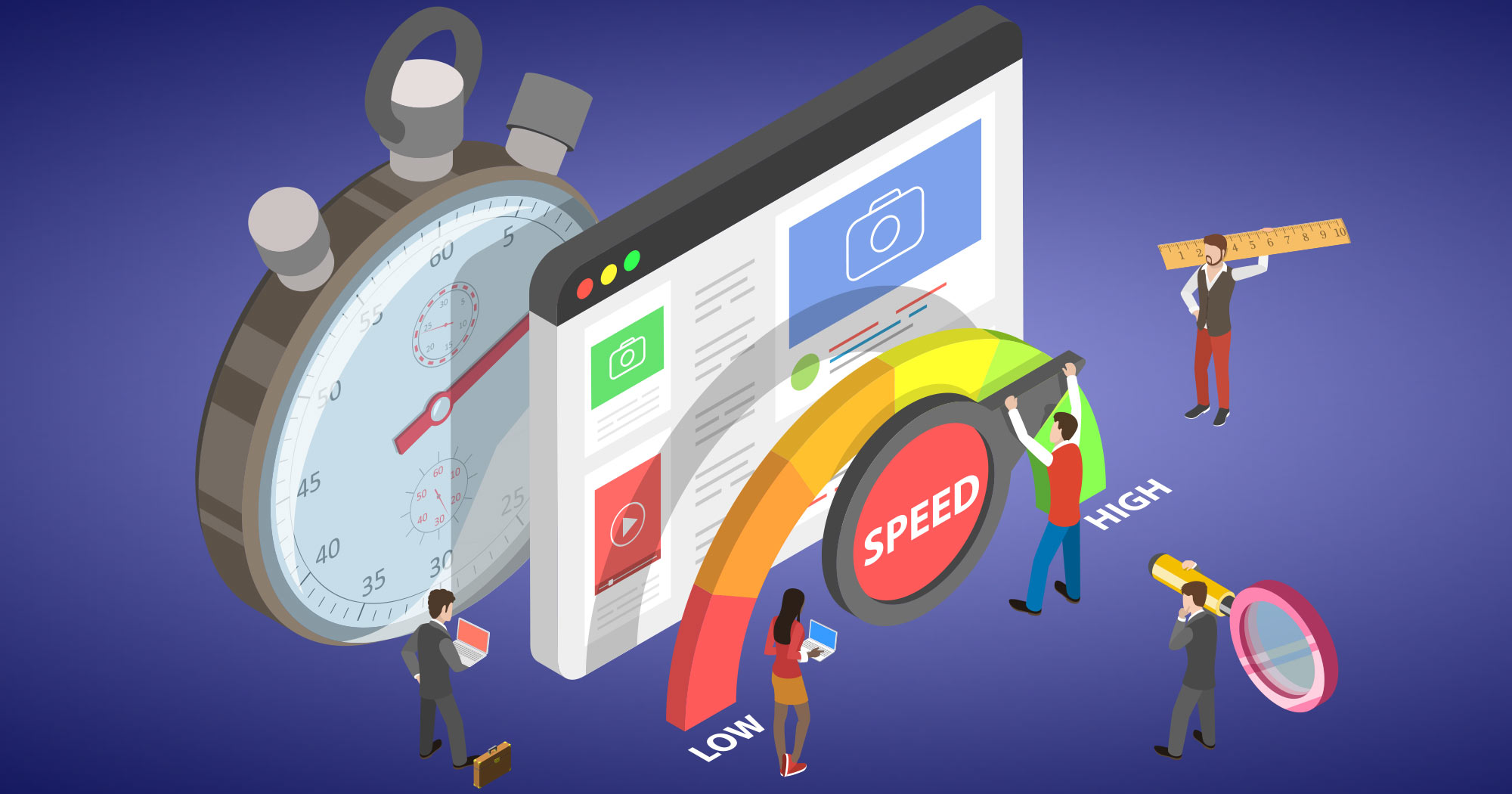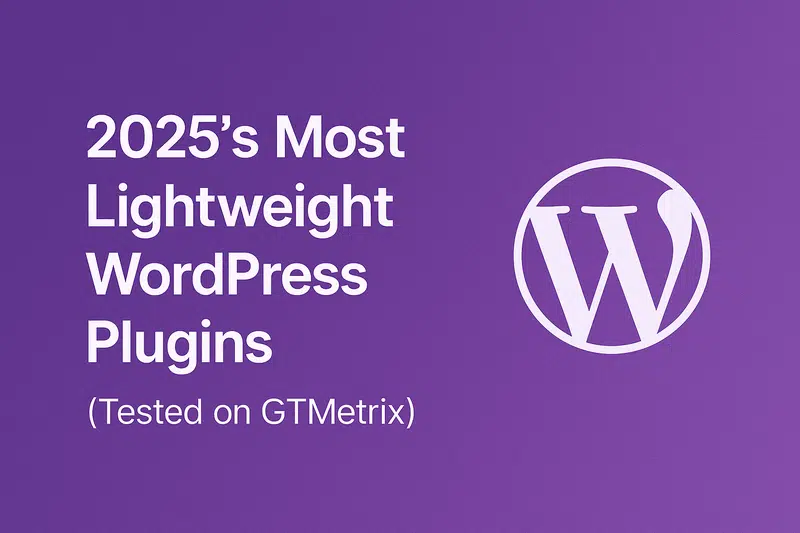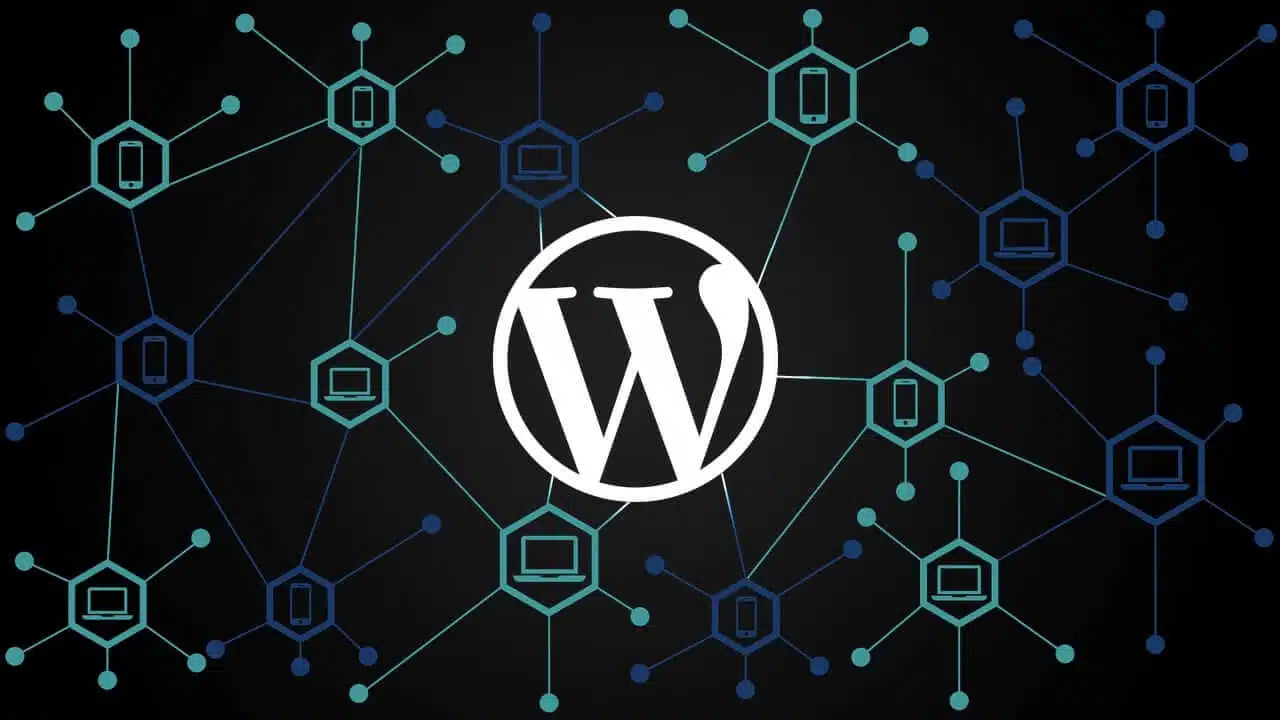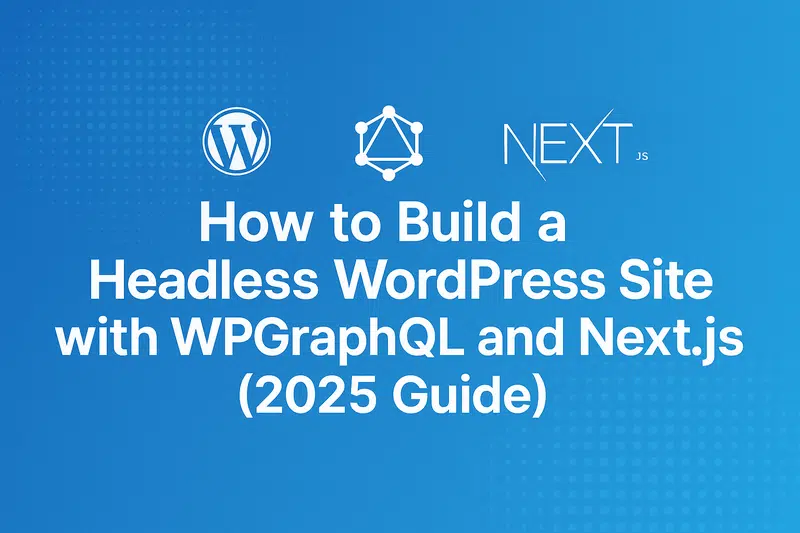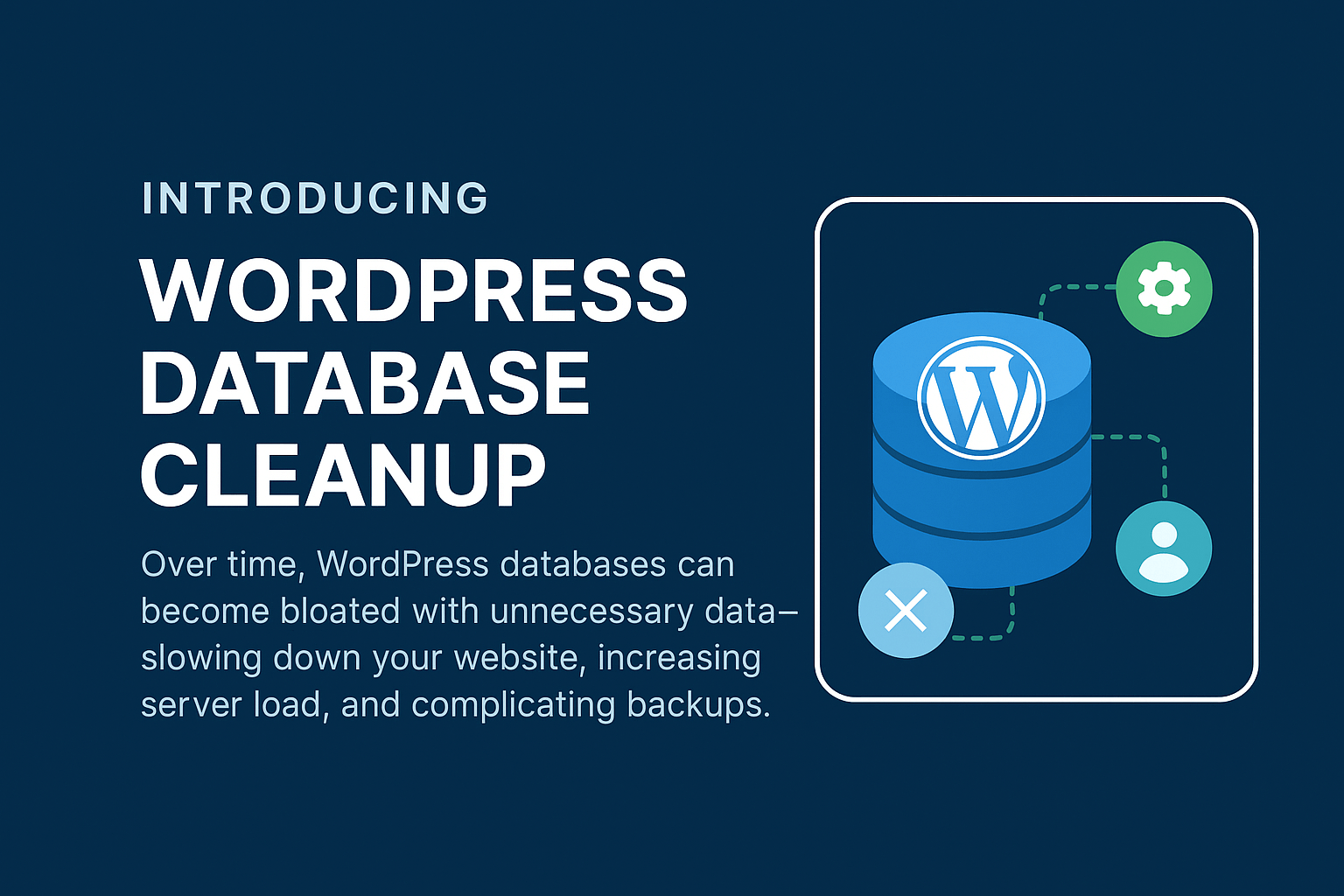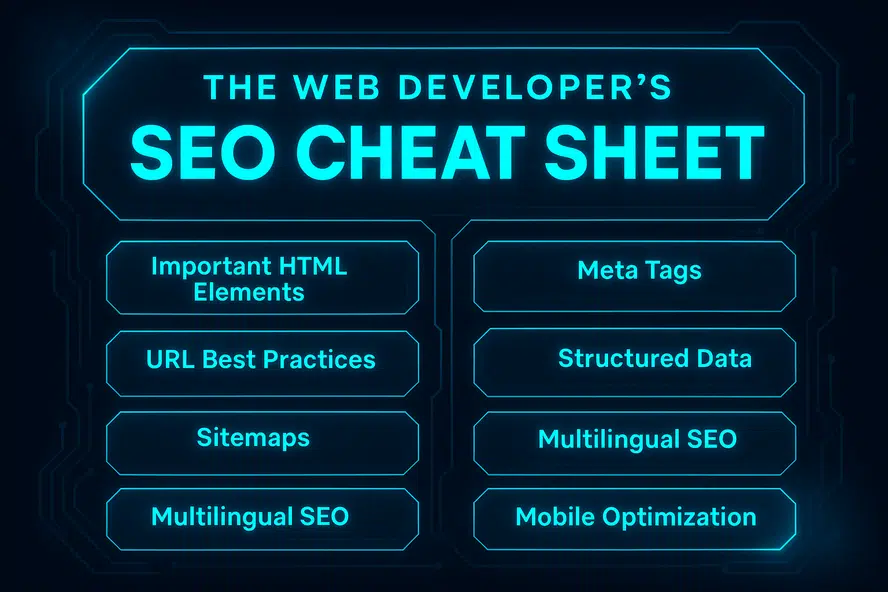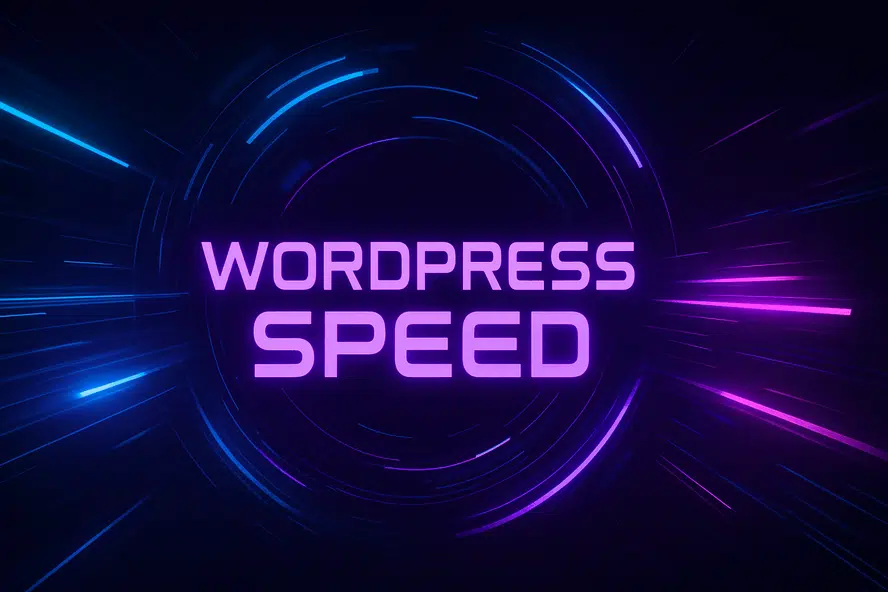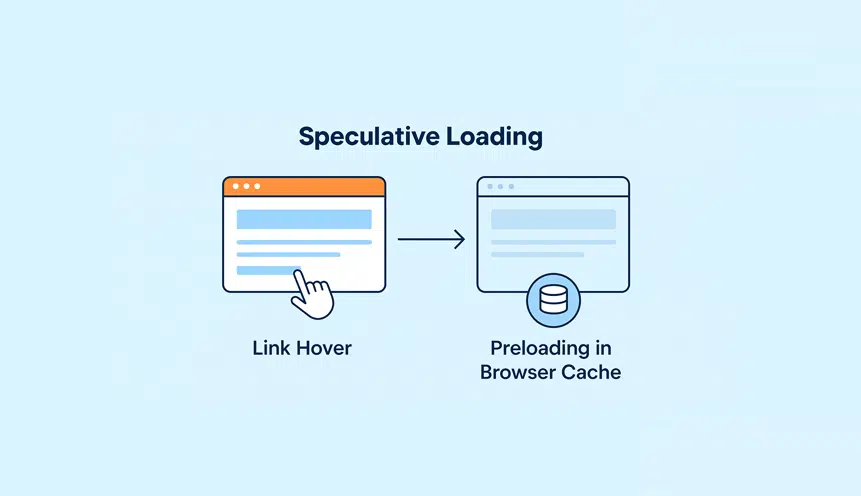Boost Your Website Speed with These Proven WordPress Optimization Techniques
In today’s fast-paced world, website loading speed plays a crucial role in user experience and search engine rankings. A slow-loading website can lead to high bounce rates, lower conversions, and overall dissatisfaction among visitors. If you are running a WordPress website, optimizing its speed should be at the top of your priority list.
In this article, we will discuss some proven techniques to optimize your WordPress website’s speed and improve its performance.
1. Choose a Lightweight and Fast-Loading Theme:
One of the first steps to boosting your website speed is choosing a lightweight and fast-loading theme. Many themes come with a lot of unnecessary code, plugins, and features that can slow down your website. Opt for a minimalist and well-coded theme that focuses on speed and performance.
2. Use a Reliable Hosting Provider:
Your choice of Hosting provider plays a significant role in your website’s speed. Select a reliable Hosting provider with good server performance, uptime, and quick response times. Shared Hosting may be cost-effective, but it can result in slow loading times, especially during peak traffic hours. Consider upgrading to a dedicated or cloud Hosting plan for better performance.
3. Enable Caching for Fast Loading:
Caching is an effective way to reduce server load and load web pages faster. WordPress offers various caching plugins, such as W3 Total Cache and WP Super Cache, which generate static HTML files and serve them to users, eliminating the need for WordPress to query the database and run PHP scripts on every visit. This substantially improves website speed.
4. Optimize Images:
Images are often the largest files on a web page, causing slow loading times. Optimizing images by compressing them without compromising quality is essential. Use tools like Photoshop or online services like Kraken.io or TinyPNG to reduce the file size of images. Additionally, lazy loading techniques can delay the loading of images until they are visible on the user’s screen, reducing the initial load time.
5. Minify and Combine CSS and JavaScript:
Combining and minifying your CSS and JavaScript files reduces the number of HTTP requests made to the server, resulting in faster loading times. By removing unnecessary spaces, line breaks, and comments, minification reduces the file size. Plugins like Autoptimize or WP Rocket can automatically handle this process for you.
6. Optimize Database:
Regularly optimizing your WordPress database is crucial for maintaining good website speed. Plugins like WP-Optimize or WP Rocket can clean up and optimize your database by removing unnecessary data, spam comments, post revisions, and more. This process reduces the database’s size and results in faster queries and improved website performance.
7. Use Content Delivery Network (CDN):
A Content Delivery Network (CDN) can significantly improve your website speed by delivering your website’s static files, such as images, JavaScript, and CSS, from servers closest to your users geographically. This reduces the latency and the distance between the user and the server, resulting in faster loading times. Consider using popular CDNs like Cloudflare or MaxCDN for effective content delivery.
8. Remove Unnecessary Plugins and Themes:
Having too many unnecessary plugins and themes on your WordPress website can slow it down. Regularly remove unused plugins and themes to minimize bloated code and optimize speed. Keep only the essential plugins that add value to your website.
9. Enable Gzip Compression:
Gzip compression is a technique that reduces the size of your website files before they are sent to the user’s browser. Enabling Gzip compression significantly reduces the file size, resulting in faster loading times. Most modern web servers support Gzip compression, and plugins like W3 Total Cache or WP Rocket can easily enable it for your WordPress website.
10. Frequently Update WordPress, Themes, and Plugins:
Keeping your WordPress core, themes, and plugins up to date is essential for both security and performance reasons. Developers often release updates to fix bugs, improve performance, and add new features. Regularly updating your website ensures that you are using the latest optimizations and improvements to enhance speed and performance.
FAQs:
Q: How can I check my website speed?
A: There are several online tools available to test your website speed, such as Google PageSpeed Insights, GTmetrix, Pingdom Tools, or WebPageTest. These tools provide detailed analysis, including suggestions for improving your website’s speed.
Q: Do I need to be a technical expert to optimize my WordPress website?
A: Not necessarily. Many optimization techniques can be easily implemented using plugins and intuitive interfaces. However, some advanced optimizations may require technical know-how, and it may be beneficial to consult a professional.
Q: Will optimizing my website speed improve my search engine rankings?
A: Yes, website speed is a crucial factor in search engine rankings. Google and other search engines prioritize fast-loading websites as they provide a better user experience. Improved search engine rankings can lead to increased organic traffic and higher conversions.
Q: Can I achieve a fast website speed without compromising on features and design?
A: Yes, it is possible to have a fast-loading website without sacrificing features and design. By optimizing code, using efficient plugins, and following the techniques mentioned above, you can strike a balance between aesthetics and speed.
Q: Are there any additional steps I can take to further improve website speed?
A: Yes, there are several advanced techniques to optimize website speed, such as using a premium caching plugin, minimizing external HTTP requests, using asynchronous loading for JavaScript files, and implementing lazy loading for images and videos. Consulting a professional developer can help you implement these techniques for optimal speed and performance.
In conclusion, optimizing your WordPress website’s speed is crucial for providing a seamless user experience, improving search engine rankings, and boosting conversions. By following these proven techniques and utilizing the available tools and plugins, you can significantly enhance your website’s performance and keep your visitors engaged and satisfied.
Post Summary:
In today’s fast-paced world, website loading speed is crucial for user experience and search engine rankings. For WordPress websites, optimizing speed should be a priority. Choose a lightweight and fast-loading theme, use a reliable Hosting provider, enable caching, optimize images, minify and combine CSS and JavaScript, optimize the database, use a content delivery network (CDN), remove unnecessary plugins and themes, enable Gzip compression, and regularly update WordPress, themes, and plugins. There are tools available to test website speed, and optimizing speed can improve search engine rankings without compromising features and design. Advanced techniques can further improve speed.





